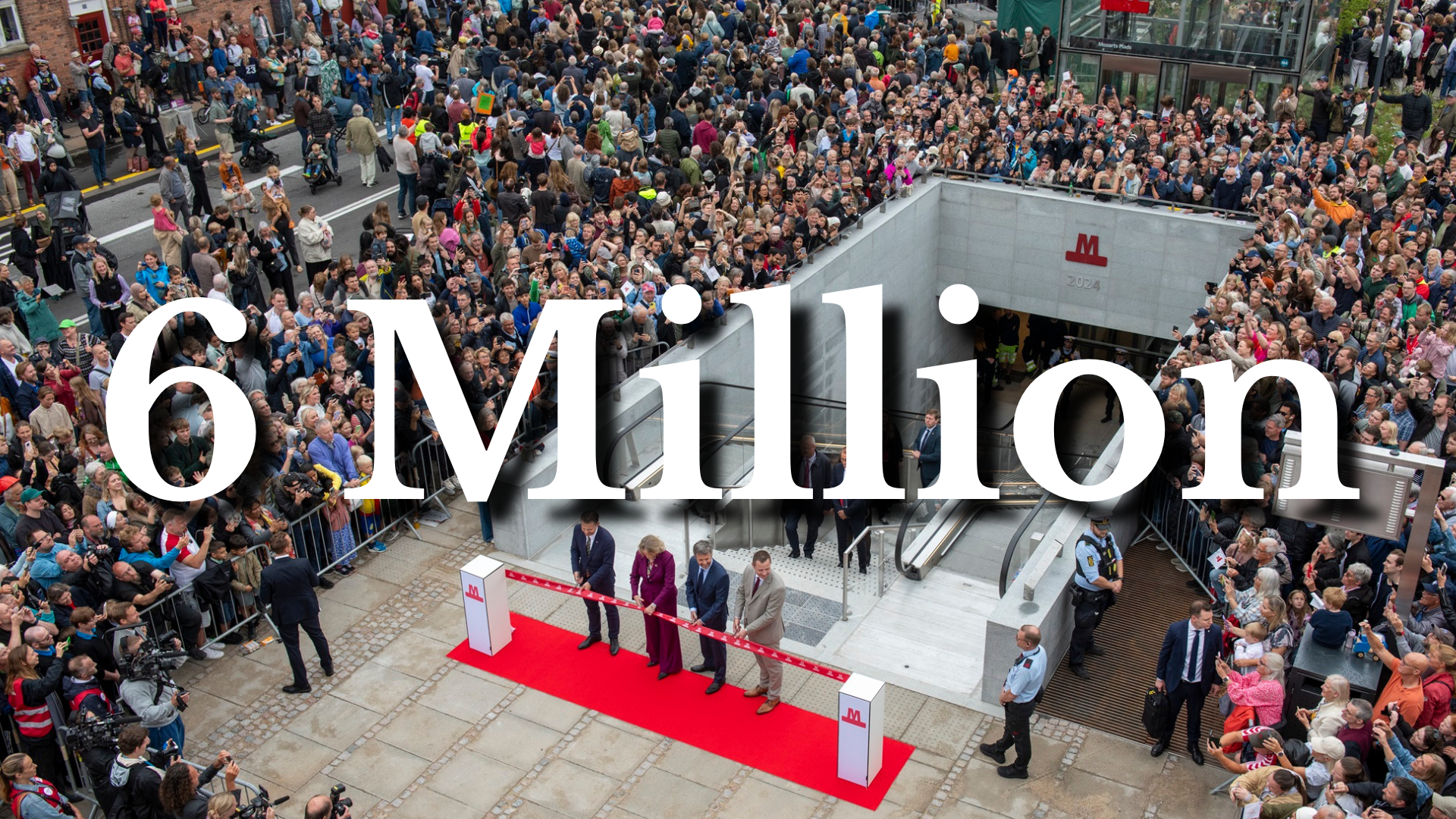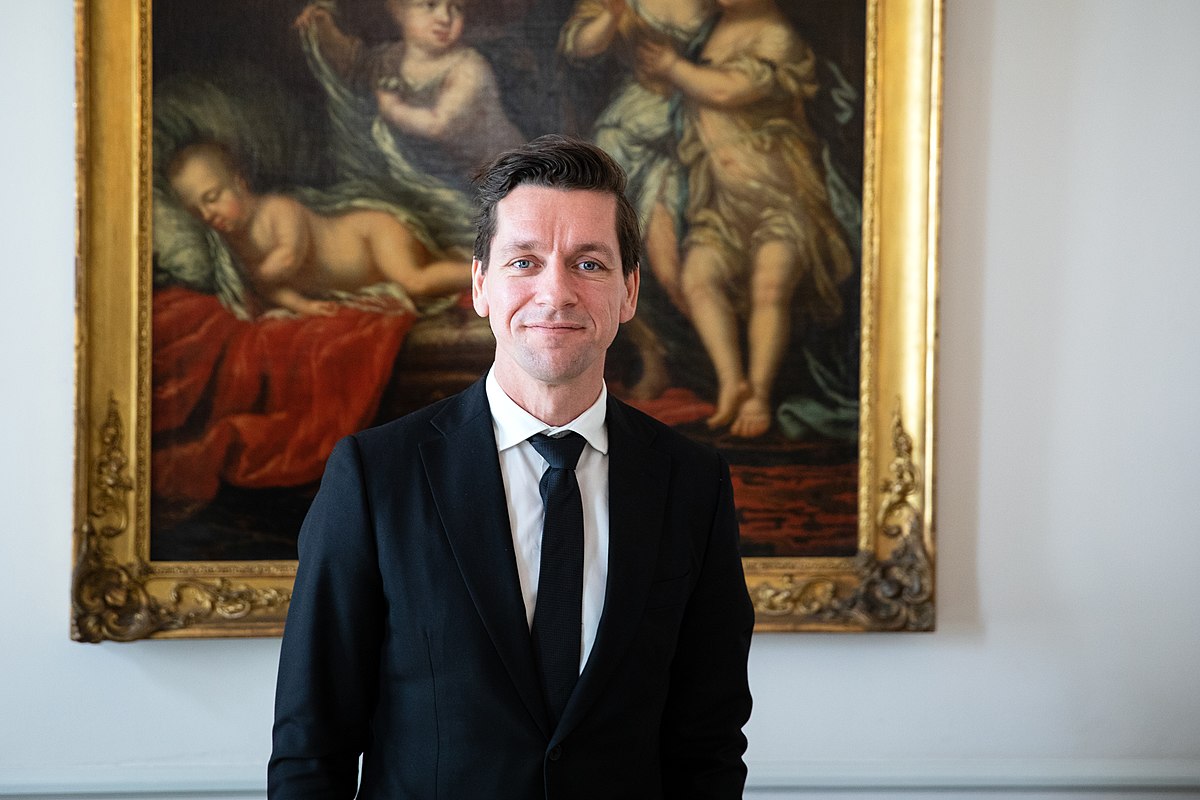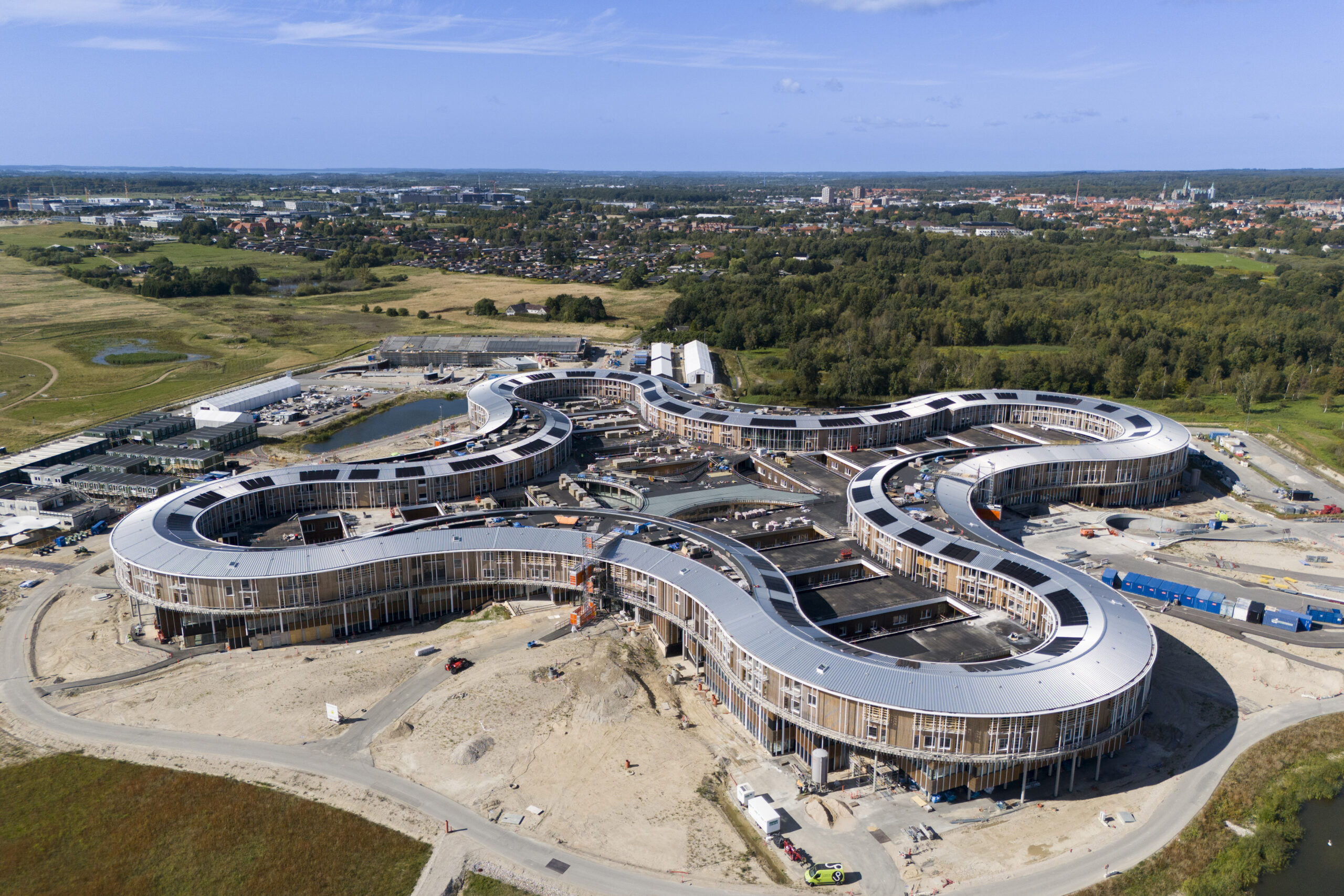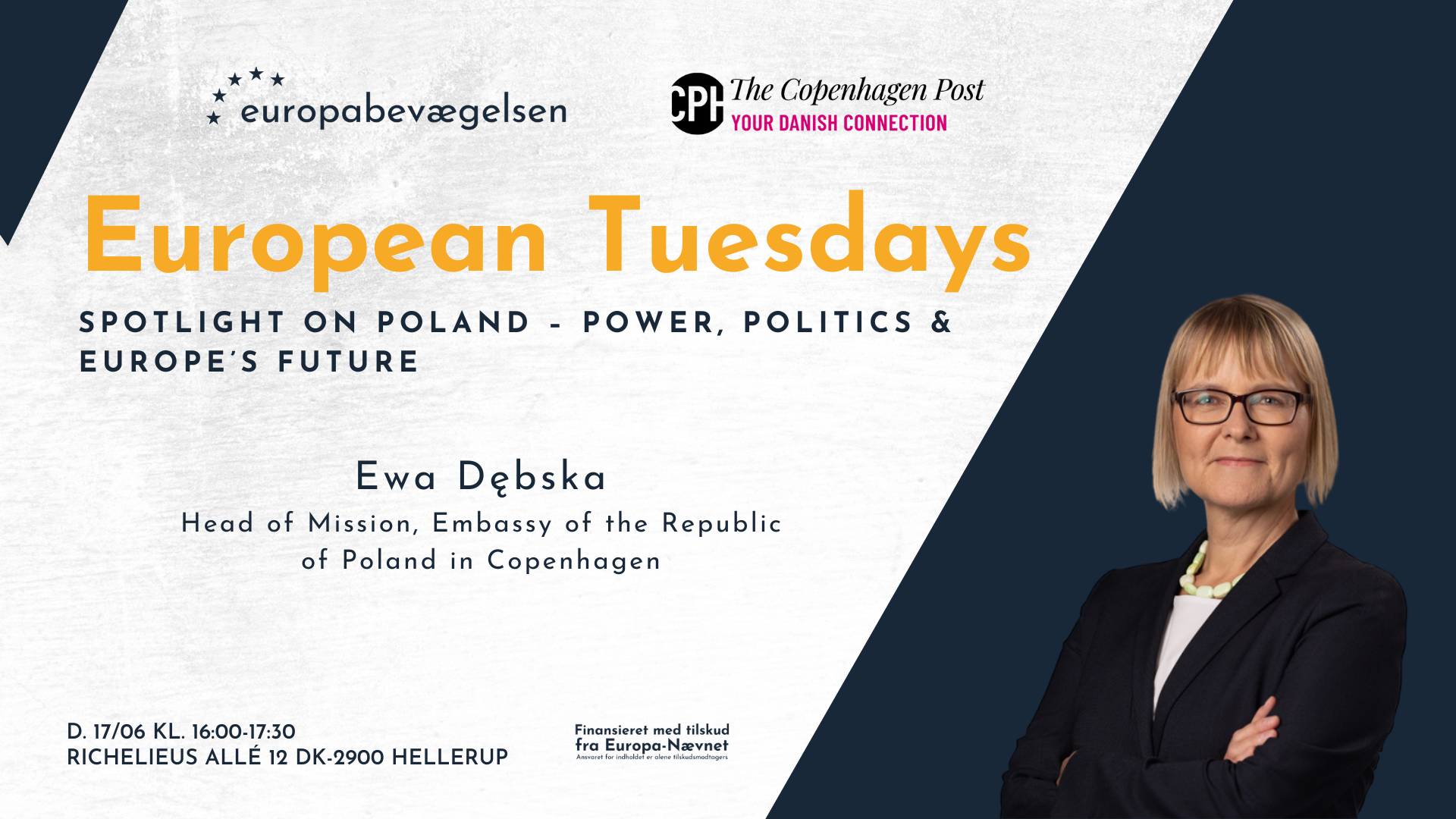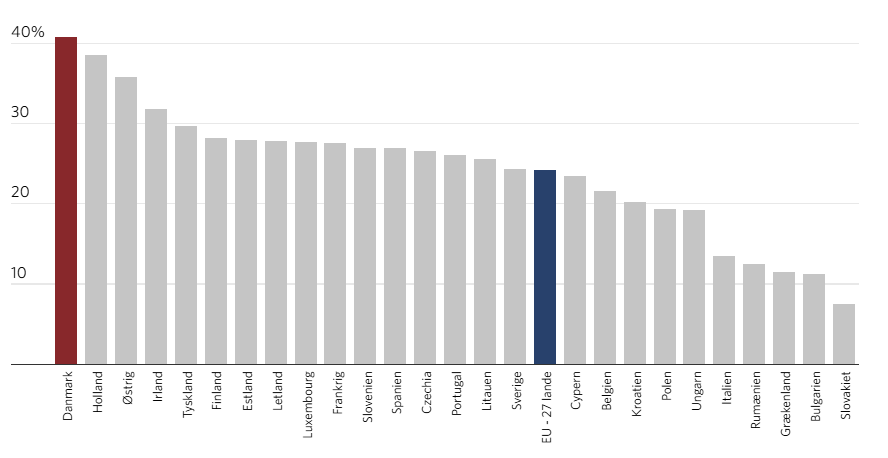It’s interesting that Denmark has a word to describe problem gambling, ‘ludomani’, but the English language does not.
And it’s telling that the usage of the English word ‘gambler’ has become so commonplace that DR has used it to name a documentary about the growing problem.
DR’s documentary ‘Gambler‘ is supposed to be a societal warning – over 30,000 people are currently signed up to the ROFUS register for problem gamblers, of which 26 percent are men aged 20-29 – but there are some who fear it is instead glamourising the practice.
Makes gambling look attractive
The format of the program, which places seven young men in a circle (so like a poker game), has been condemned by Henrik Thrane Brandt from the Center for Ludomani, as some of the participants are very successful at what they do.
It is not so good that [poker players] Alexander and Christian take up so much space. To hear about all their successes … I think many will think that is attractive. It’s really good advertising for poker and it’s being idolised, I think,” he told Ekstra Bladet.
“I think the program hits the wrong spot, and I would be concerned there are some young viewers who will think it is attractive to play.”
Business is good for one participant
The tabloid reports that one of the other participants, Rasmus, has a tipping business, and that he has actually attracted more members as a result of the show. His phone has been ringing non-stop: “for three solid days”, according to the report.
“It appears as if it is just about discipline and analysis, and then you can make good money from it. But reality is not like that,” continued Brandt.
“Making a living from betting is an unrealistic dream. And meanwhile, he gets free advertising.”
Figures paint a grim picture
According to Center for Ludomani, 477,000 people in Denmark are prone to risky behaviour in relation to gambling – up from 212,000 relatively recently.
An estimated 161,000 are at risk of developing a gambling addiction.
Motorists will need markings should overtaking law be passed, warns cyclists body
The Cyklistforbundet cyclists association has informed the Transport Ministry that should a new law be introduced instructing motorists to maintain a distance of 150 cm whilst overtaking bicycles, then a line should be drawn on the road as a guideline. The markings, reasons Cyklistforbundet’s deputy head Jane Kofod, will not only mark out the 1.5 metres clearly, but remind them of the law – should it be passed by Parliament.
Victims of rape might have to wait even longer for help
Help is at hand for victims of rape at Rigshospitalet, but not if you take too long to seek help following a reduction in resources from November 1. The number of counsellers at the hospital’s Centre for Victims of Sexual Assault, who are available to offer psychological help, is being halved from four to two, even though the waiting list can be relatively lengthy. Rigshospitalet has ruled that in the future only urgent cases should receive help – victims who request it within a month of their attack. Magnus Heunicke, the health minister, has been summoned to a consultation by Parliament’s health committee to answer how he will improve the situation.
EU directive passes cost of cleaning up butts to tobacco industry
From January 5, the tobacco industry will have to foot the bill for cleaning up discarded cigarette butts, according to a new EU directive applauded by the environment minister, Lea Wermelin. Historically, cigarette butts have always been the most commonly littered item, ending up on Denmark’s streets, nature areas and waters. In addition to paying for the clean-up, the tobacco industry must also pay for information campaigns to warn smokers about the negative effects of not putting their butts in the bin. “Cigarette butts are the waste we find most often in nature, and they contaminate with microplastics and heavy metals,” said Wermelin. “We must get the cigarette butts out of nature, and it is only fair that the tobacco industry pays to clean up.”




